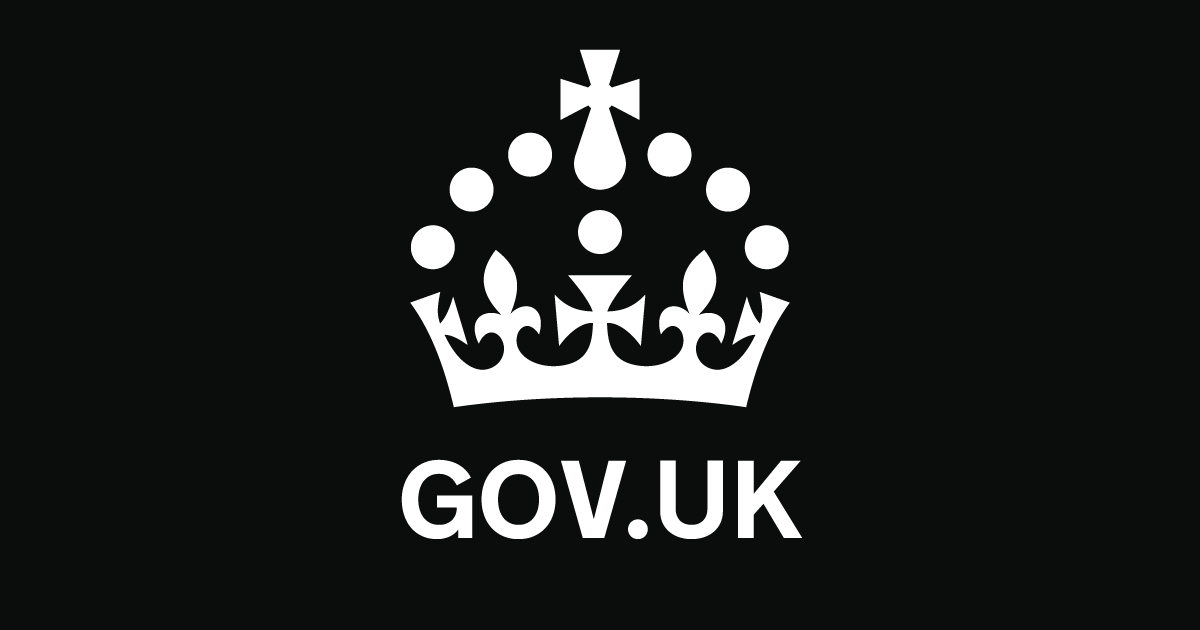Thank you everyone for all your help and advice, and for the kind comments about my work.
I have told the client that all the images that have not already been delivered on previous shoots have been deleted (which is the truth). I don't see the point in keeping RAW files of lighting test shots, set building, or the individual files that make up a focus stacked image. Storage space is expensive and I reserve it for high quality images.
I have asked them for clarification of what they mean by 'rejected shots' for the next shoot that is currently being negotiated.
I will take on all your advice and reject and delete anything under 4 star quality. Just in case.
I think what irks me most is that of the 200+ images I have supplied over the years they have maybe only used 5 in their social media campaigns. Why would they want poor versions of what they already possess!? I always supply for print and web usage, but typically the work I produce is used in magazines, and for in-store promotion such as video advertising boards, posters, coasters, that sort of thing. They already have numerous options to use, but are making quite an aggressive request for images that I don't think are representative of what I do.
I am also updating my T&Cs, and supplying them with a price list for requests that get bolted on to agreed jobs. You know the sort of thing I mean: "Can I just have black and white copies of these 40 images as well", "Can we just have six more...". "Can we just..." That way, everything is transparent, and expectations are being managed.





